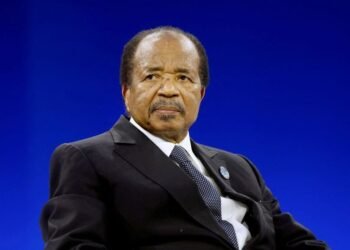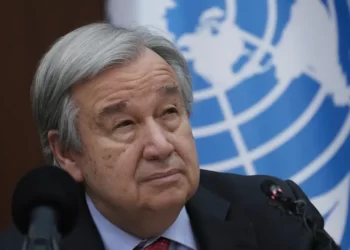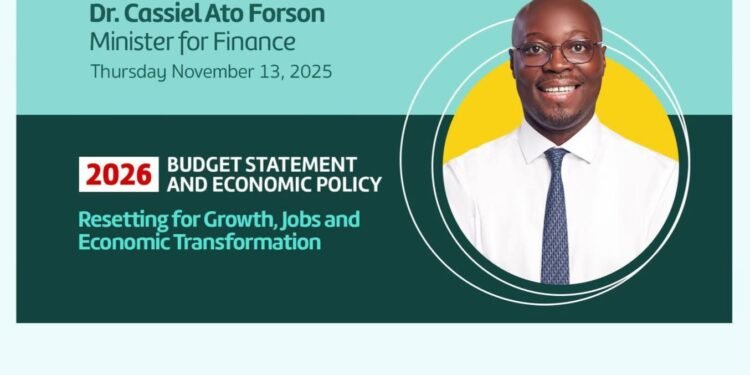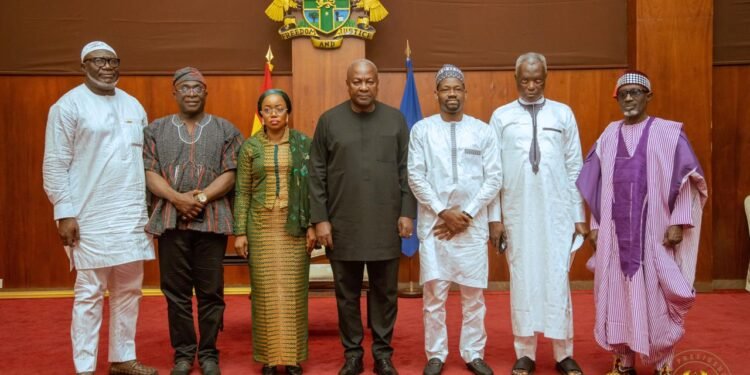The International Monetary Fund (IMF) has confirmed that its staff team will visit Nairobi between September 25 and October 9 to engage with Kenyan authorities in discussions on a possible IMF-backed program. The talks could pave the way for a new deal as the East African nation confronts mounting debt obligations.
Kenya’s central bank governor, Kamau Thugge, stated in August that the government is seeking a funded IMF program rather than a precautionary one. The IMF’s mission chief, Haimanot Teferra, confirmed the request, stating, “At the request of the Kenyan authorities, an IMF staff team will begin initial discussions in the coming days on a possible Fund-supported programme.”
Financial analysts widely agree that Kenya urgently needs new IMF support to secure external debt repayments. Teferra reiterated the Fund’s commitment to the country, stressing: “IMF remains committed to supporting Kenya in its efforts to maintain macroeconomic stability, safeguard debt sustainability, and strengthen governance.” She added that the mission looked forward to “engaging constructively with authorities and other stakeholders during the visit.”
Kenya’s last program with the IMF, worth $3.6 billion, ended prematurely in March after the government and the Fund abandoned the final review. The decision left Nairobi without access to the remaining $800 million under the Extended Fund Facility and Extended Credit Facility. The collapse was largely driven by the government’s inability to rein in its fiscal deficit and raise revenue, particularly after nationwide protests forced the scrapping of unpopular tax hikes.
Governance And Debt Remain Central Concerns
Despite recording GDP growth of about 4.5% in 2025, Kenya’s economy remains under strain. High debt levels, persistent fiscal deficits, and weak revenue mobilization continue to threaten macroeconomic stability. Inflation has stayed relatively contained, but the economy is struggling to create enough jobs for its rapidly expanding labour force. This shortfall in employment opportunities has hindered progress in poverty reduction.
The IMF’s renewed involvement is not only driven by fiscal pressures but also by concerns over governance. A recent technical assistance mission conducted by the IMF carried out a comprehensive governance diagnostic, mapping corruption risks and weaknesses in Kenya’s core state functions. Areas under scrutiny included public financial management, taxation, procurement systems, and oversight of the financial sector.
The diagnostic exercise involved consultations with government officials, the National Assembly, anti-corruption agencies, civil society, and private sector stakeholders. The findings, expected before the end of the year, are set to shape a prioritized reform plan designed to strengthen accountability and bolster investor confidence.
Reforms To Anchor New Program
Kenya’s request for a funded IMF program is aimed at plugging financing gaps and stabilizing its debt profile. However, the country’s track record of missed deficit and revenue targets under earlier agreements underscores the political challenges of austerity. Resistance to tax hikes, in particular, remains a sensitive issue domestically.
If approved, the new program is expected to concentrate on several pillars such as tighter fiscal discipline, reforms in tax policy, stronger debt management strategies, and structural measures to stimulate private sector investment. Climate resilience is also likely to feature as a priority, aligning with the IMF’s recent focus on sustainable development.
Economists argue that these reforms are essential to restoring investor confidence, managing external financing risks, and sustaining growth ahead of Kenya’s 2027 general elections. By embedding fiscal adjustments within a governance framework, the IMF hopes to ensure reforms are credible, equitable, and sustainable over the long term.
In essence, the Nairobi discussions could set the stage for a crucial IMF lifeline, one that would not only provide immediate financing but also help reset Kenya’s reform agenda in the face of mounting economic and political pressures.
READ ALSO: Penultimate IMF Assessment to Decide Ghana’s Fiscal Fate Before 2026 Exit






















